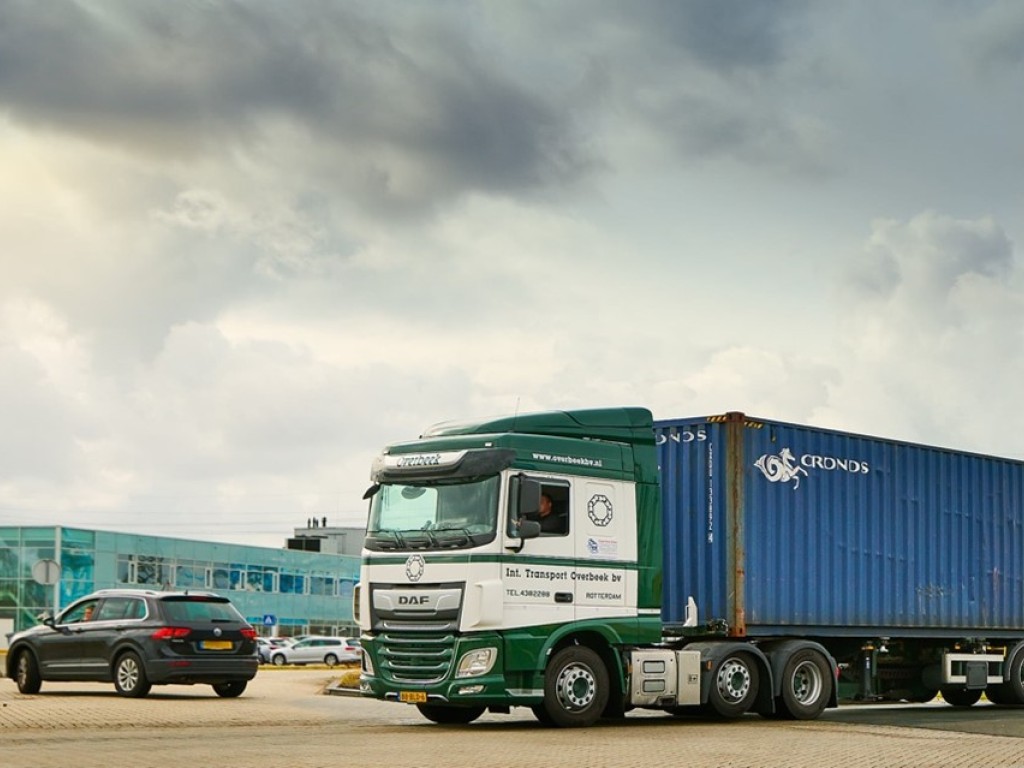Ready for the Next Crisis - Monitoring & Benchmarking Supply Chain Resilience

Recent developments such as Brexit, the US- China trade war and the COVID-19 pandemic have made clear that operational excellence and margin improvements cannot be set apart from managing these disruptions effectively.
Hence, Supply Chain Resilience (SCRes), “the adaptive capability of a supply chain to prepare for unexpected events, respond to disruptions, and recover from them by maintaining continuity of operations at the desired level” (Ponomarov & Holcomb, 2009) has risen to the top of the agenda for most businesses.
However, managers struggle to build SCRes and understand how it is enabled or hindered by
internal and external factors as organisational and SC structures or linked to other business goals as
sustainability and finance. These important questions are also not yet addressed in academic literature.
Consequently, this project aims to develop and empirically validate a context dependent SCRes model
supported by a prototype benchmark platform that will help managers to understand enabling factors and
make choices in being resilient through a comparison with their current status against best practices.
Scientifically, the project will provide empirically grounded insights into the contextual nature of SCRes,
while relating it to sustainability and supply chain finance (SCF). To guarantee the practical relevance and
usefulness, a Sounding and Validation Board (S&VB) is formed to guide and support the development of a
holistic and integrated SCRes concept and its measurement. The project is executed by a strong consortium
consisting of multinational companies from several industries (automotive, food, cosmetics, hi-tech/defence,
etc), a logistical service provider (LSP), a consultancy firm with much expertise in the area and the University
of Groningen (RuG) and Windesheim University of Applied Sciences, both with a strong track record in
(academic and applied, resp.) research.